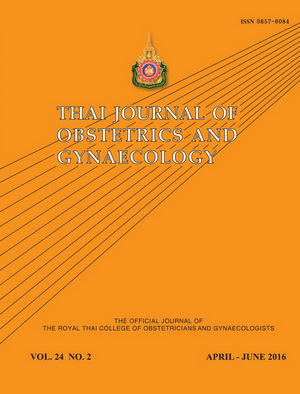The correlation between Aflatoxin B1 and Placental Apoptosis in Pregnant women with Intrauterine Growth Restriction
Main Article Content
Abstract
Objective: Egypt has one of the highest incidences of intrauterine fetal growth restriction (IUGR) around the world. In the current study, we tried to explore the effect of Aflatoxin B1 toxicity as a risk factor of IUGR and to determine the role of placental apoptotic indices in the pathogenesis of IUGR and their association with maternal risk factors as residency, working and exposure to smoking.
Materials and Methods: A case-control study was done at Women Health Hospital; Assiut University, Egypt included 60 pregnant women with asymmetrical IUGR besides a control group of 40 normal pregnancies were selected. Maternal urine samples were obtained for measuring Aflatoxin B1 level by layer chromatography. Quantitative determination of human placental Bcl-2 and caspase-3 using a monoclonal antibody-based enzyme-linked immunosorbent assay kits were performed.
Results: The results showed that aflatoxin B1 positive cases in the IUGR group had significantly higher placental caspase-3 and lower placental Bcl-2 concentrations than those which were aflatoxin B1 negative (p<0.01). The levels of placental apoptotic indices were higher in working women who lived in urban areas and those exposed to cigarette smoke than non-working women who lived in rural areas and non-smokers.
Conclusions: Aflatoxin B1 may affect the fetal growth by increasing the placental apoptosis. These results may highlight the importance of aflatoxin B1 which may contribute to the complex etiology of IUGR. Placental apoptotic indices levels were significantly affected by maternal residency, working and exposure to smoking in pregnancies complicated with IUGR.

